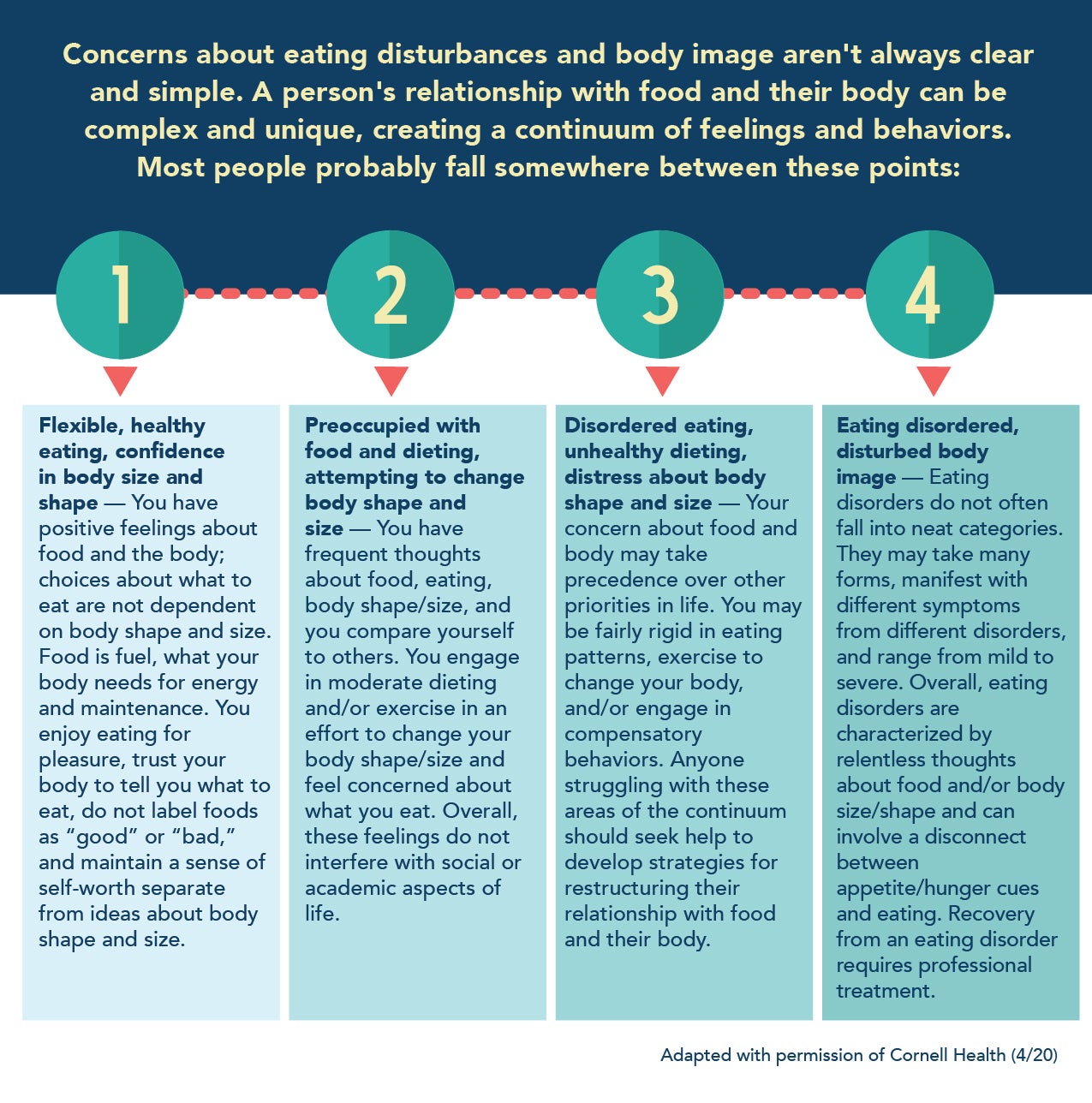Red Flags: Identifying Warning Signs of Fad Diets


The Seductive Allure of Fad Diets
Fad diets often promise quick fixes and dramatic results, creating a seductive allure for those seeking rapid changes. However, understanding the warning signs associated with these diets is crucial for making informed choices about your health and well-being.
Unrealistic Promises and Quick Fixes
One of the prominent warning signs of fad diets is the promise of unrealistic outcomes and quick fixes. If a diet claims you’ll shed an extraordinary amount of weight in an unbelievably short time, it’s likely too good to be true. Sustainable and healthy weight loss takes time and involves gradual changes.
Exclusion of Entire Food Groups
Many fad diets advocate for the exclusion of entire food groups, labeling them as “bad” or “off-limits.” This approach often leads to nutritional deficiencies, as different food groups contribute essential nutrients. A balanced diet includes a variety of foods, and excluding entire groups can have negative consequences on your health.
Emphasis on Specific Products or Supplements
Fad diets often emphasize the use of specific products or supplements as the key to success. Whether it’s a miracle pill, detox tea, or a superfood extract, be cautious of diets that rely heavily on such products. These approaches may lack scientific backing and can be both ineffective and potentially harmful.
Overemphasis on Single Food Items
Some fad diets place an overemphasis on a single food item, claiming it to be a magical solution to weight loss or improved health. While certain foods offer valuable nutrients, relying solely on one item is not a sustainable or balanced approach. A healthy diet involves a diverse range of foods to ensure nutritional adequacy.
Too Good to Be True Claims
If a diet plan sounds too good to be true, it probably is. Fad diets often make extravagant claims about the benefits without credible scientific support. Be cautious of programs that boast extraordinary results without sound evidence or endorsements from reputable health professionals.
Lack of Individualization
Fad diets typically adopt a one-size-fits-all approach, disregarding individual differences in metabolism, genetics, and lifestyle. An effective and sustainable diet plan considers individual needs and preferences, recognizing that what works for one person may not be suitable for another.
Excessive Caloric Restriction
Extreme caloric restriction is a red flag for fad diets. While creating a calorie deficit is essential for weight loss, excessively low-calorie diets can lead to nutritional deficiencies, muscle loss, and a slowed metabolism. Sustainable weight loss involves a moderate calorie reduction that supports overall well-being.
Absence of Professional Endorsement
A key warning sign is the absence of professional endorsement from registered dietitians, nutritionists, or healthcare providers. Reputable health professionals base their recommendations on scientific evidence and individual health assessments. Fad diets often lack this professional backing, making them a risky choice.
Promotes Guilt or Shame Around Food
Fad diets can contribute to a negative relationship with food by promoting guilt or shame. If a diet plan labels certain foods as “sinful” or “bad,” it may foster an unhealthy mindset. A balanced approach to nutrition involves enjoying a variety of foods without attaching moral value to them.
Warning Signs of Fad Diets
Explore a comprehensive guide on identifying and understanding the warning signs of fad diets. This resource provides additional insights into recognizing red flags and making informed decisions about your dietary choices. Stay informed and prioritize your health with knowledge about the potential risks associated with fad diets.
Conclusion
Recognizing warning signs is crucial for steering clear of the pitfalls associated with fad diets. By understanding the unrealistic promises, exclusionary practices, and lack of professional endorsement, you can make informed choices that prioritize your health and well-being. Be wary of quick fixes and embrace a balanced, individualized approach to nutrition for long-term success.








